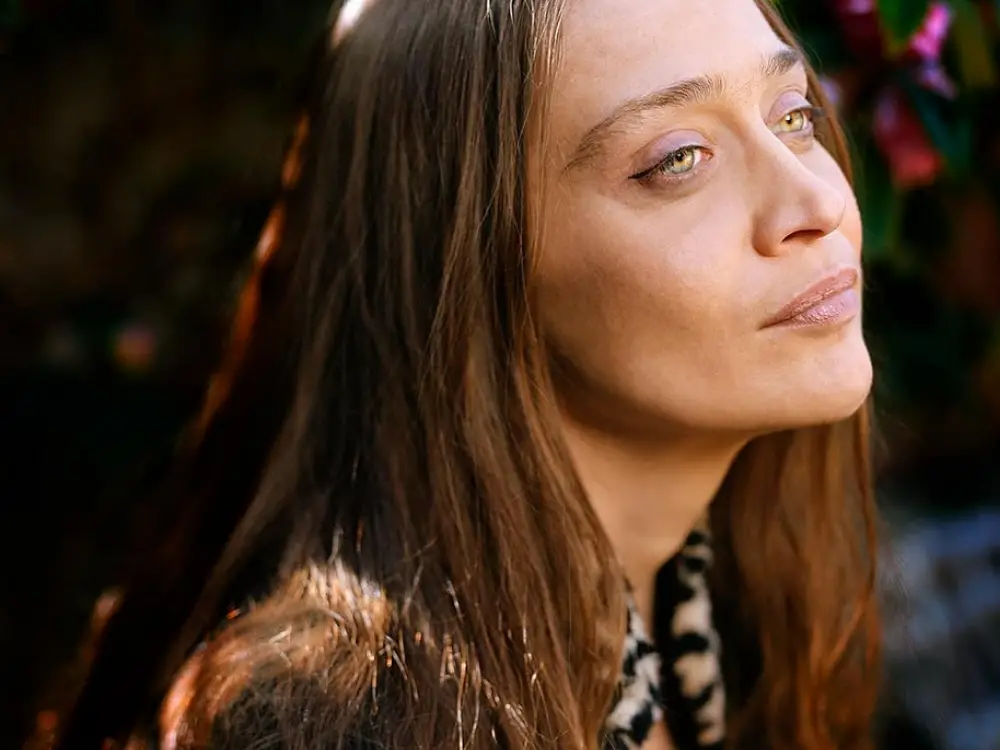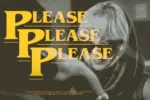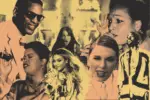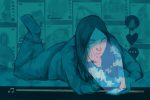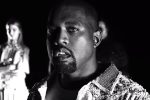If Fiona Apple’s fans weren’t desperate for her music before, the pressures and boredom of social distancing presumably increased demands for new music from the New York-born performer. Fan and friend of the singer, Mikaela Straus, more widely known under the stage name King Princess, texted Apple: “You have to release your album now. People need your music to listen to.” Apple listened and surprised the world in a time of immense uncertainty by cutting her 8-year hiatus from music just a bit shorter, dropping her album “Fetch the Bolt Cutters” on April 17 rather than her intended date in October.
Judging from the immediate response within minutes of the album’s release, her music might be exactly what most of her listeners need right now. And in a lot of ways, Apple may be a prophet, as “Fetch the Bolt Cutters” is ideal for isolation and quarantine. The album’s setting is grounded in Apple’s home, literally and symbolically, as her dogs contribute to the sound, and the stomping on floors and hitting walls produces much of the striking syncopated percussion. Thematically, “Fetch the Bolt Cutters” largely revolves around the pressures of restraint and a desire for freedom, and a scattered, visceral feeling of anxiety permeates the sound.
Adding flame to the fire of the album’s mass response, Pitchfork reviewed “Fetch The Bolt Cutters” and presented it with a perfect score, the first of its kind in 10 years. The album’s predecessor is Kanye West’s “My Beautiful Dark Twisted Fantasy,” which Ryan Dombal claims was made possible by the rapper’s “exploding self-worth” and a subsequent quieter self-doubt. Ironically, West would go on to inflate his self-worth even more, either in public appearances or in his music, as in his next album, “Yeezus,” he presents himself as a god or as Yeezus, the alter-ego or extra super-ego. And while West frequently raps about his perfection or greatness, Apple presents us an album with a jagged, destructive, flawed sound that, as Pitchfork puts it, “dismantles the patriarchal ideals of perfection” that Kanye West seems to live and breathe.
One Twitter user wrote “The coolest thing about pitchfork giving Fiona Apple a 10 is that she almost certainly doesn’t give a s–t.”
The irony is really exquisite. The outlet praises Apple for her loud fight against perfection while giving her album a perfect score. And just a mere decade ago, Pitchfork supported Kanye West’s “Strong Case” for being the greatest perfectionist alive by granting him the same perfect 10. While the review of West’s album affords a large chunk of its focus toward the spectacle of his tiresome and controversial public persona, the recent meditation on Apple’s work rightfully dissects her lyrics, her musicality and the political charge.
This is a refreshing turn from the media spectacles of Apple circulated by the press throughout in the late ’90s and early 2000s. This time around, Jenn Pelly of Pitchfork focuses on the music and observes of “Fetch the Bolt Cutters” that “no music has ever sounded quite like it.”
The undercurrents of that statement run strong. A liberated woman’s anger is often revered as a bold rarity; the evidence lies in the historical figure that Pitchfork cites — Yoko Ono. But people never really revered Ono in her time as a patron saint of angry women. In fact, fans of the Beatles and John Lennon hated her and threatened her life.
Apple may have never received violent hatred to the extent that Ono did, but her reputation has preceded her in often very misogynist ways, particularly in the early 2000s. Like Ono, or a long list of female artists, Apple’s love life was closely dissected, particularly her relationships with magician David Blaine and director Paul Thomas Anderson. After her infamous speech at the 1997 MTV Music Video Awards in which she said “the world is bullshit” and subsequent on-stage breakdowns at several of her shows, many media outlets criticized her and called her crazy, unstable or hysterical.
To be fair, that’s been the commonplace description of Kanye West after his controversial public appearances. Apple herself seems to be aware of the problems behind the way she’s perceived, telling the New Yorker that she’s understood as “the patron saint of mental illness, instead of as someone who creates things.”
Of course, that may be another parallel between her and West, who has opened up about having bipolar disorder. But their self-images and their perspectives on celebrity worship are in stark contrast; Apple told the New Yorker that her music “poisons everyone, so they only listen to it when they’re in f–ked-up places — and it’s a good sign when they stop listening to me, because that means that they’re not hurting themselves on purpose.”
As a longtime follower of Apple, I think her perspective of her fanbase is utterly ridiculous. I listen to her because her vulnerability is inseparable from her art, and I often feel like I have never listened to an artist more self-aware, wittier or bolder. Take some of the standout lyrics from “Fetch the Bolt Cutters: “I would beg to disagree / but begging disagrees with me,” “You get dragged down, down to the same spot enough times in a row / the bottom begins to feel like the only safe place that you know,” “I gave you pictures and cards on non-holidays / and it wasn’t because I was bored.”
So, while the Pitchfork review may be doused with irony, it’s certainly deserved. As the review claims, music has never sounded quite like this before and I for one can’t remember the last time music made me feel this much.


